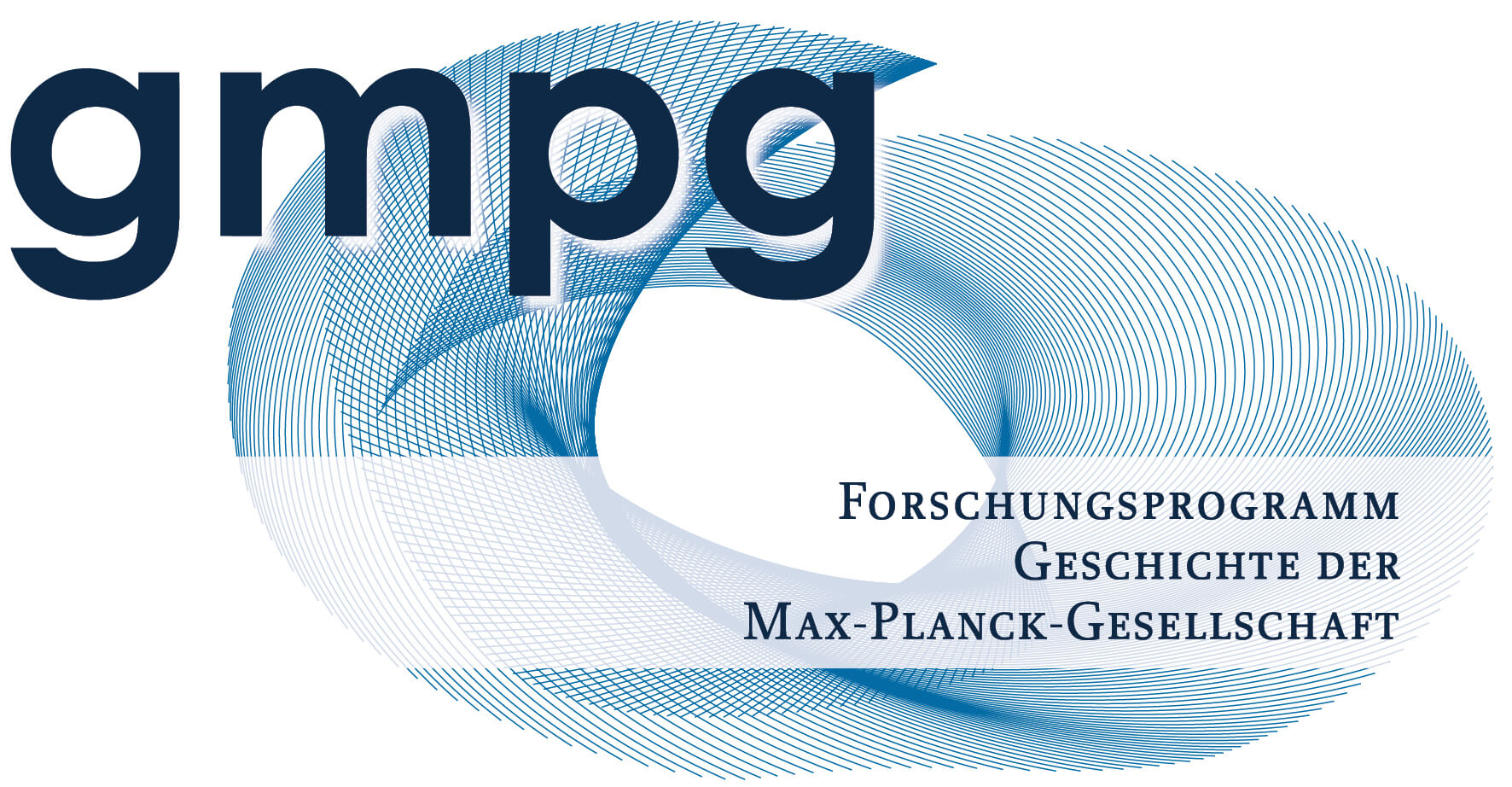Cooperation Partners
-
DFG Research Unit 2553 "Cooperation and Competition in the Sciences" - (Deutsches Museum / LMU München)
The Max-Planck-Society as a Science Policy Actor within the Alliance of Science Organisations
The research project is carried out in cooperation with the DFG research group (FOR 2553) "Cooperation and Competition in the Sciences" by Prof. Dr. Helmuth Trischler and Vanessa Osganian, M.A (Subproject 3).
The research project investigates the integration of the Max Planck Society into German science policy decision-making processes between the 1960s and the late 1990s. At the beginning of the 1960s, the Max-Planck-Society (MPG), the German Research Foundation (DFG), the West German Rectors' Conference (WRK) and the German Science Council (Wissenschaftsrat) informally founded the Alliance of Science Organisations in order to take a joint position on central questions of science policy and thus actively shape German science policy. As one of the four founding members of the Alliance of Science Organisations, the MPG played an important role not only in its formation, but also in the decades that followed.
The research project therefore aims to investigate the significance of the MPG for the formation and development of the Alliance as an actor in German science policy. In particular, it will be analysed in which way and to what extent the MPG interacted with the other actors of the German science and innovation system – with whom did the MPG cooperate and/or compete? The project thus contributes to the reconstruction of the history of the MPG by shedding light on the role the Max Planck Society in the field of science policy.
The Alliance of Science Organisations acts as an intermediary agent of self-governing research and thus as a corporatist element of research organisation. One of its central tasks was (and is) to cooperatively eliminate structural and situational conflicts between the individual members that result from the intensifying constellation of competition for state resources – by joining forces and cooperating. Consequently, the Alliance of Science Organisations operates between the poles of cooperation and competition
In addition, the project is guided by the question to what extent the traditions of the so-called "German model" of corporatist policy-making can also be identified in the field of science policy and how this model reacted to the Europeanisation of research during the second half of the 20th-century.
Finally, the epistemic effects of corporatistically negotiated science policy and the growing economisation of science are taken into consideration. Case studies on selected areas of research will be used to identify how cooperation and competition influenced research practices.
-
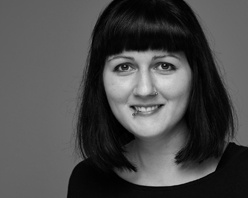
Vanessa Osganian
-
For the GMPG program, she focuses on the role of the Max Planck Society for the formation and establishment of the Alliance of Science Organisations in Germany. The aim is to contribute thereby to the reconstruction of the history of the Max Planck Society by shedding light on the role the Max Planck Society played in the field of German science policy.
- Email:
-

Prof. Dr. Helmuth Trischler
-
Helmuth Trischler is head of research at the Deutsches Museum, Munich, professor of modern history at Ludwig Maximilian University Munich, and director of the Rachel Carson Center for Environment and Society. His main research interests are innovation cultures in international comparison; science, technology and European integration; and environmental history. He has conceptualized the world’s first major exhibition on the Anthropocene (Welcome to the Anthropocene. The Earth in Our Hands) which has been on display at the Deutsches Museum 2014-2016.
- Email:
-
- Email:
-
- Email:
-
-
Cooperative Competition in Big Biology: The Beginnings of the Human Genome Project in the Laboratory (Subproject 5).
The research project is carried out in cooperation with the DFG reseach group (FOR 2553) „Cooperation and Competiton in the Sciences“ by Prof. Dr. Kärin Nickelsen and Dana von Suffrin (Subproject 5).
-
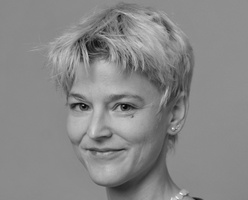
Prof. Dr. Kärin Nickelsen
-
Prof. Dr. Kärin Nickelsen is Professor for History of Science at Ludwig Maximilian University Munich. She is also spokesperson of the DFG research group “Cooperation and Competition in the Sciences”. Her research interests include the history of experimental life sciences, the construction of scientific models, and individual and collective research heuristics. During her stay as Visiting Scholar in the GMPG Research Program, Kärin Nickelsen is researching the role of the MPG in the Human Genome Project (c. 1990-2003) and its cooperative and competitive practices and conventions.
- Email:
-
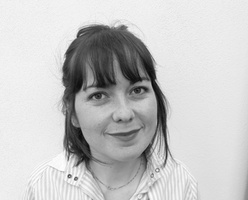
Dr. Dana v. Suffrin
-
During her stay as Visiting Scholar in the GMPG Research Program, Dana Suffrin will be working on HUGO, the Human Genome Organization, founded in 1988.
-
-
Competing for Sovereignty in Cooperative Committees. Bioethical debates and the development of a regulatory policy for the life sciences in Germany in the 1980s. (Subproject 7).
The research project is carried out in cooperation with Subproject 7 of the DFG reseach group (FOR 2553) „Cooperation and Competiton in the Sciences“ by Prof. Dr. Christina Brandt and Anna Klassen, M.A. ().
This project is located in the field of history of science. It explores the social, political, and scientific negotiations concerning the risk assessment of the modern life sciences in the context of emerging bioethical discourses and their institutionalisation in Germany in the 1980s. Based on a micro-historical approach, the research focuses on three political and parliamentary committees inaugurated to assess the ethical risks and conflicts, as well as the social and economic benefits of the newly developing research fields in the life sciences.
These committees are: 1) the so-called Enquete-Kommission on chances and risks of gene technologies (1984–87), an expert committee set up by the German parliament, 2) a committee on in vitro fertilisation, genome analysis, and gene therapy, established by the German Federal Ministry of Justice and the German Federal Ministry of Research and Technology (1984–85), and 3) a joined working group of representatives from different states on reproduction research and genome analysis (1986–88), organised under the leadership of the Federal Ministry of Justice. From a historical perspective, these three committees represent the first institutional settings to host debates on the bioethics of modern life sciences in the evolving structures of political regulatory mechanisms during the 1980s. The project aims at analyzing the complex modes of competition and cooperation in these processes of negotiation. It also takes into account the accompanying public controversies on genetic engineering and embryo research that reached a peak in Germany in the mid-1980s.
Tensions between competitive and collaborative modes of interactions are analyzed on three different levels: First, the project investigates how actors who met in the committees (e.g., experts from life sciences, medicine, theology, philosophy, politics, and representatives from government and society), negotiated different and competing values. Analyzed in detail will be the processes through which a consensus was reached for further political regulatory mechanisms, balancing bioethical arguments, social risks, and scientific and economic impacts of the contested new technologies. Second, by taking the three committees as research cases and looking at their interaction, the project addresses broader historical developments. It explores the discursive dynamics of critics in bioethics and the emergence of competing and conflicting values in public controversies about the life sciences in Germany in 1980s. Through this analysis, the project contributes to contemporary historical research that portrays the decades of the 1970s and 1980s as a moment of general reconfiguration in the entanglement of science, politics, and the public. Third, the project investigates the national specificities of the 1980s developments by comparing the German context with the public and political debates in the US and UK.
-
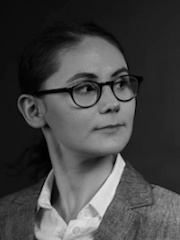
Anna Klassen, M.A.
-
Anna Klassen is working as a PhD student on the project "Competing for Sovereignty in Cooperative Committees: Bioethical Debates and the Development of a Regulatory Policy for the Life Sciences in Germany in the 1980s" at the Friedrich Schiller University Jena.For the GMPG Research Program she is examining the early German safety debate with respect to the social, political, and scientific negotiations concerning the ririsk assessment of modern life sciences following the Asilomar Conference (1975).
-
-
-
GWDG - Gesellschaft für wissenschaftliche Datenverarbeitung
Scientific Prerequisites for Building an Infrastructure for the Long-Term Archiving of Research Data: "Archival Cultural Heritage Online" (ArCHO)
The research cooperation between the Research Program “History of the Max Planck Society” (GMPG) based at the Max Planck Institiute for History of Science in Berlin and the Gesellschaft für Wissenschaftliche Datenverarbeitung mbH Göttingen (GWDG) has the goal of creating the scientific concepts and requirements for building a sustainable infrastructure that enables the long-term archiving of research data
Description of Partner Project -
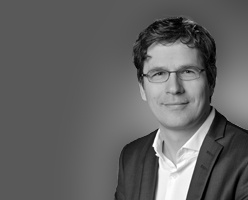
Prof. Dr. Philipp Wieder
-
Stellvertetender Leiter GWDG
-
Philipp Wieder (PhD in Computer Science, TU Dortmund, 2013) is a specialist for research infrastructures and service design. He has distinct experience in distributed systems, IT service management, project management, and research-related services. Philipp Wieder is Deputy Head of GWDG and leading their Working Group "eScience".
-
-
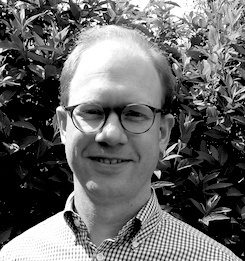
Dr. Felix Falko Schäfer
-
Felix Schäfer (Dr. phil., University of Cologne 2005) was until August 2021 responsible for investigating within the GWDG-GMPG-cooperation all legal, technical, and organizational issues concerning the sustainable archiving, dissemination, and continuation of the GMPG program dataset and its virtual research environment following the program’s end in 2022. Prior to this, Schäfer was responsible for project coordination of the mass digitization of archival material from the AMPG (Berlin) and records from the registry of the GV (Munich). His professional expertise lies in the management and the long-term availability of research data and the concepualization of relevant infrastructures.
Personal Page at the Max-Planck-Institut for the History of Science
-
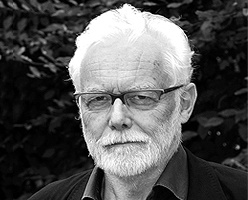
Urs Schoepflin
-
Scientific Curator
-
Urs Schoepflin (diploma in sociology, Freie Universität Berlin, 1975) is a specialist for digital collections and of the digitization of cultural heritage. He has worked and published on digital libraries, open access, scholarly communication and scientometrics. Prior to his position in the framework of the cooperation GWDG-GMPG, which he held until 2022, he was director of the Research Library of the Max Planck Institute for the History of Science 1994–2015.
Personal Page at the Max-Planck-Institut for the History of Science
-
-
-
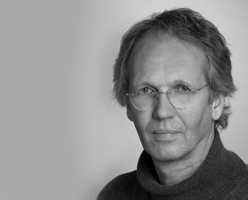
Dr. Ulrich Schwardmann
-
Scientific & Technical Consultant
-
Ulrich Schwardmann is the deputy head of the Working Group „eScience“ at the Gesellschaft für wissenschaftliche Datenverarbeitung Göttingen (GWDG).
-
-
-
-
Arizona State University
-
Dr. Manfred D. Laubichler
-
Research Scholar
-
Manfred D. Laubichler is President’s Professor of Theoretical Biology and History of Biology at Arizona State University and a professor at the Santa Fe Institute. He and his group study among others the problem of evolutionary innovations—from genomes to technologies and knowledge systems. To this end Laubichler and his team develop novel analytical methods (big data computational history of science) and a general theory of phenotypic and knowledge evolution (extended evolution theory). Laubichler first studied zoology and mathematics in Vienna and received his PhD in Biology from Yale University before studying history and history of science at Princeton. His honors include being an elected fellow of the American Association for the Advancement of Science (AAAS).
Within the GMPG Research Program Laubichler focuses on the role of the MPG within the development and differentiation of the life sciences, including international comparisons.
-
-
-
